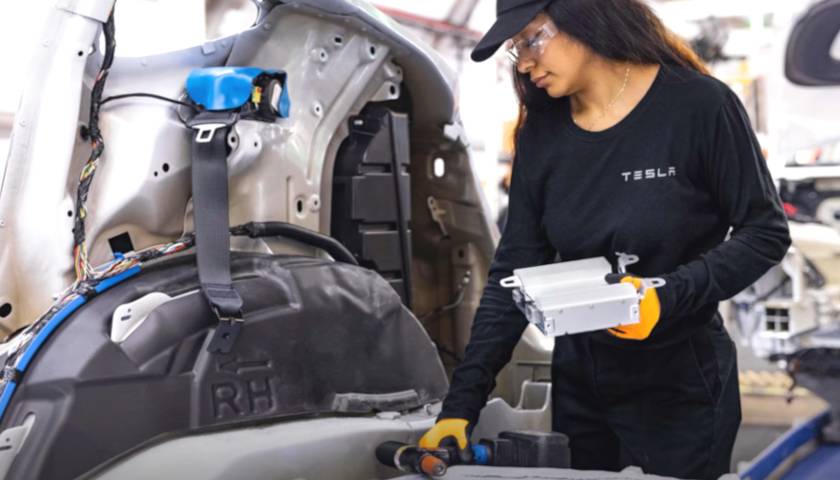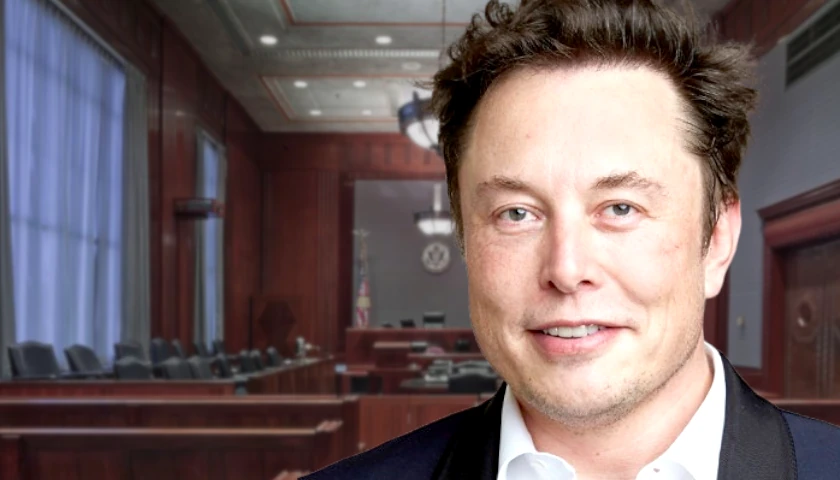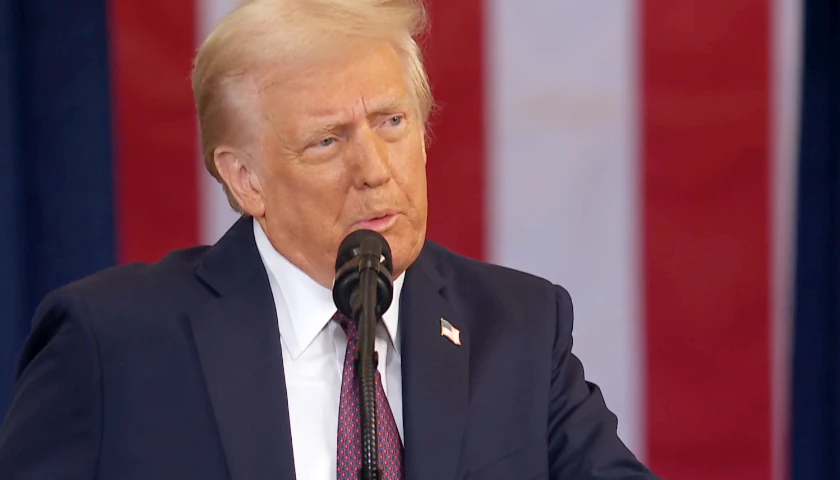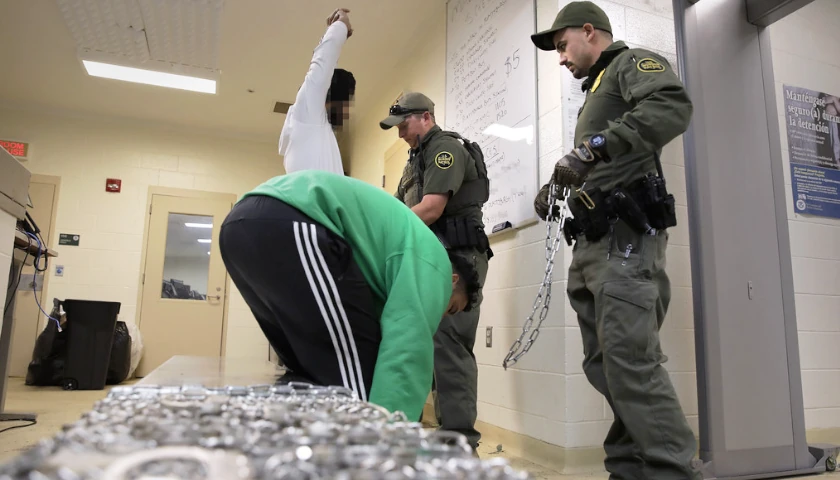by Nick Pope
Tesla disclosed a shaky earnings report to the public on Tuesday in the latest sign of weakness in the U.S. electric vehicle (EV) market.
 The EV maker’s revenue for the first quarter of this year came in nearly 10 percent below its revenue for the first quarter of 2023, marking the largest decline the company has seen since 2012, according to its quarterly report and CNBC. Tesla’s net income also fell by about 55 percent relative to 2023, and the company warned investors that “volume growth rate may be notably lower than the growth rate achieved in 2023.”
The EV maker’s revenue for the first quarter of this year came in nearly 10 percent below its revenue for the first quarter of 2023, marking the largest decline the company has seen since 2012, according to its quarterly report and CNBC. Tesla’s net income also fell by about 55 percent relative to 2023, and the company warned investors that “volume growth rate may be notably lower than the growth rate achieved in 2023.”
Tesla, considered by some to be the leader in the American EV market, has seen its share price drop by about 40 percent over the past calendar year, according to data from Google Finance. This poor performance has been attributed to the firm’s decision to cut prices for some of its products, stiff Chinese competition and poor delivery numbers, according to CNBC.
Biden regulators are looking into Tesla https://t.co/K61WTz2z6Q
— Daily Caller (@DailyCaller) July 18, 2023
Tesla also announced earlier in April that it laid off more than 10 percent of its global workforce. More recently, about 4,000 of Tesla’s Cybertrucks were recalled due to defects with the model’s acceleration pad, according to USA Today.
Elon Musk, founder and CEO of Tesla, is under increasing pressure to more clearly define a vision for the company’s future, according to CNBC. Musk has promoted a Tesla “robotaxi,” a vehicle that would drive itself, for years, and the company may be poised to reveal the product at an event scheduled for August, according to The Wall Street Journal.
While Tuesday’s numbers may not have been ideal for the firm, Tesla’s stock did not take a noticeable hit following the release of the first quarter earnings report, according to data from Google Finance. Tesla also said that it will “accelerate the launch of new models,” including “more affordable models,” that “will be able to be produced on the same manufacturing lines as our current vehicle line-up.”
The U.S. EV market writ large has struggled in recent months despite the Biden administration’s efforts to extend billions of dollars of subsidies and implement aggressive market regulations to push manufacturers and consumers toward widespread EV adoption. Consumer demand for EVs is not growing as quickly as some proponents had expected and executives are beginning to back away from near-term production targets while the lack of a cohesive national network of charging infrastructure continues to trouble potential buyers of the more-expensive EV models available.
Other manufacturers, such as Ford, are losing billions of dollars on their EV product lines.
Tesla did not respond immediately to a request for comment.
– – –
Nick Pope is a reporter at Daily Caller News Foundation.
Photo “Tesla Factory” by Tesla.





